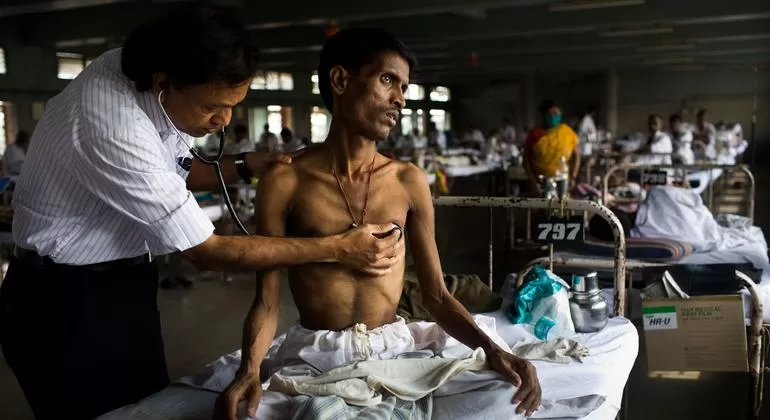Experts are forging a path towards a groundbreaking approach to combating tuberculosis (TB) through the development of host-directed therapies (HDTs), harnessing the body’s immune system to target even the most drug-resistant strains of the disease. This promising frontier in medical science will be spotlighted by Associate Professor Susanna Brighenti from the Centre for Infectious Medicine (CIM) at ANA Futura, Karolinska Institutet, Stockholm, Sweden, during her presentation at this year’s ESCMID Global Congress in Barcelona.
With TB continuing to pose a significant global health challenge, causing an estimated 1.3 million deaths annually, and with multidrug-resistant TB (MDR-TB) cases on the rise, innovative approaches to treatment are imperative. Assoc Professor Brighenti elucidates the pressing need for adjunct treatments alongside conventional antibiotic therapies, emphasizing the intrinsic nature of mycobacteria to develop resistance to a range of antibiotics.
Host-directed therapies (HDTs) represent a novel strategy aimed at bolstering the body’s immune response against TB. Rather than directly targeting bacterial growth, HDTs focus on fortifying immune pathways within infected cells to enhance antimicrobial functions and restore protective immunity. Assoc Professor Brighenti’s research collaboration has yielded promising results, utilizing small molecule compounds like histone deacetylase (HDAC) inhibitors to stimulate the expression of proteins associated with antibacterial defense.
These immunomodulatory compounds, when used in conjunction with antibiotics, demonstrate potential synergistic effects, offering the prospect of reduced treatment duration and improved patient outcomes. By enhancing protective immunity and mitigating excessive inflammation, HDTs could revolutionize TB treatment, particularly for patients with severe forms of the disease and those with poor prognoses, including MDR-TB cases.
Assoc Prof Brighenti draws parallels with the transformative impact of immunotherapy in other fields such as cancer treatment, underscoring the potential of immune-enhancing therapies to reshape TB management and curtail the spread of infections and drug resistance. She advocates for the exploration of both short-term, readily available therapeutics and long-term precision interventions, tailored to individual patient needs.
Furthermore, as with many complex diseases, TB necessitates a personalized approach to treatment, moving away from a one-size-fits-all paradigm towards tailored therapies optimized for each patient—a hallmark of future TB management strategies.
In the quest to combat TB, the integration of host-directed therapies represents a beacon of hope, offering a multifaceted approach that holds promise for transforming the landscape of TB treatment and combating the growing threat of drug resistance. Assoc Professor Brighenti’s pioneering research provides a glimpse into a future where the body’s own immune system emerges as a formidable weapon against this persistent global health challenge.












